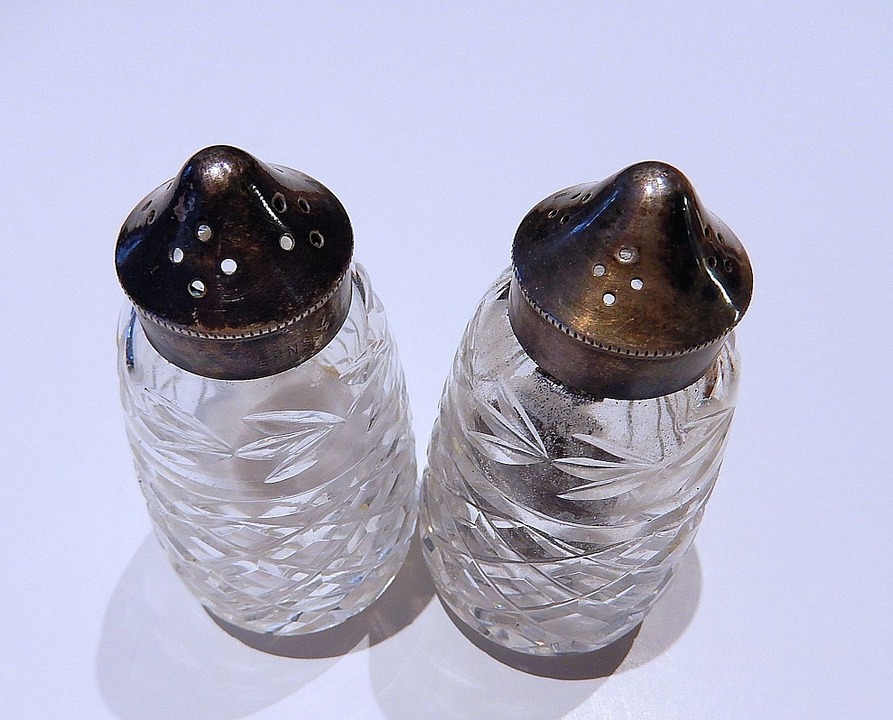Is Sodium Really Bad for Your Health?

Doctors and medical experts have cautioned against the consumption of excess salt, believing it can increase the risk of adverse conditions like high-blood pressure (hypertension). The 2010 Dietary Guidelines for Americans even recommends consuming no more than 2,300 milligrams of the substance daily for adults. However, there's new evidence suggesting that high-sodium diets isn't necessarily bad.
Study Sheds Light on Salt
A consortium of researchers from McMaster University, Hamilton Health Services and the Population Health Research Institute have concluded that only people who suffer from hypertension will benefit from reducing sodium intake with their diets.
For the study, researchers analyzed data involving some 130,000 men and women in 49 different countries. Researchers played close attention to the correlation between participants' sodium intake, blood pressure levels and adverse conditions like heart disease, strokes and death.
Salt Should Still be Limited for People with High Blood Pressure
This doesn't necessarily mean that it's okay to pour a bottle of salt over each meal. As the study points out, people who already suffer from hypertension may still experience adverse health effects, including an increased risk of heart disease and stroke, by consuming excessive amounts of sodium. Given the fact that heart disease is the leading cause of death, this advise shouldn't be ignored. If you have hypertension, or are on the borderline of developing hypertension, it's best to limit your intake of sodium.
"These are extremely important findings for those who are suffering from high blood pressure," said Andrew Mente, the study's lead author and researcher from PHRI and McMaster's Michael G. DeGroote School of Medicine. "While our data highlights the importance of reducing high salt intake in people with hypertension, it does not support reducing salt intake to low levels."
The Centers for Disease Control and Prevention (CDC) revealed that the average Americans gets the majority of his or her daily sodium intake from processed foods. So while sodium may not necessarily cause any adverse conditions, assuming your blood pressure levels are normal, there are other problems associated with the consumption of processed foods. They are often packed with artificial flavoring and ingredients; contain high levels of refined sugar; and offer little-to-no nutritional value.
This study was published in the journal Lancet.
Recent Posts
-
Fire Safety in the Workplace: What You Need to Know
What steps are you taking to prevent fires in your workplace? According to the U.S. Occupational Saf …Aug 23rd 2023 -
Is It Safe to Go Jogging With a Cold Infection?
If you're suffering from a cold infection, you might be wondering whether it's safe to go jogging. T …Aug 22nd 2023 -
5 Safety Tips to Follow When Using a Powder-Actuated Tool
Powder-actuated tools are commonly used to join materials to steel and concrete. Also known as Hilti …Aug 20th 2023




